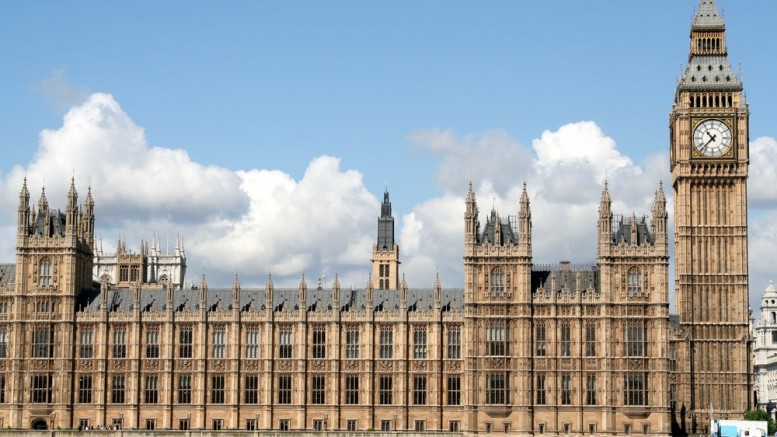Whether you are looking forward to the forthcoming General Election with joyful anticipation or sick dread at the changes that could be effected such a short time from now, what is certain is that it has focused the legislature on tidying up some issues in the private sector before the big day. Sharon Betton, landlord advisor with the Bolton Bond Board and author of The Landlord Good Management and Practice Guide looks back at the changes so far.
Tenancy Deposit Protection was cast into disarray nearly two years ago when the case of Superstrike versus Rodrigues went to the Court of Appeal. This ruled that when a tenancy rolled into a statutory periodic tenancy, a new tenancy was created. In the Superstrike case, the deposit was taken prior to 6th April 2007, so did not need to be protected. The view had been from April 2007 to 2013 that no action need be taken by the landlord. However, the Superstrike ruling changed that.
As a new tenancy was created when it became a periodic tenancy, it should have been protected and the proscribed information given to the tenant. Confusion reigned, with landlords being told to re-serve the information, return deposits, re-protect them – it cannot be said that many were confident of the position, except possibly those in the tenancy deposit protection offices.
The De-regulation bill of 2015 has provided much clearer guidance on this. Where deposits were taken before 6th April 2007, converted to a statutory periodic tenancy after that date and are still in existence, the deposit must be protected. They have set a dead-line of 23rd June 2015 to have any ancient deposits protected. If you are in that position, make sure deposits are protected, or face the penalties.
If the tenancy has rolled-over or been renewed and the deposit has been protected, the information served at that time should be sufficient and does not need to be re-served, but any tenancy which was renewed or rolled-over after 6th April must have the deposit protected.
Section 31 makes a small allowance for landlords, in that if a deposit was taken before 6th April 2007 and it has never been renewed, landlords will not face fines for not protecting, but they will be unable to use a section 21 to evict, until the deposit is protected. So yet another restriction of use for the section 21.
October 2015 will see another change, in that all private rented properties must have a working smoke alarm on every floor of the property. In addition, if it is considered there is a higher risk of carbon monoxide poisoning, because of a solid fuel hearing system, they will need to install carbon monoxide alarms. Many landlords already provide these measures and will not argue with them, but it is a short time-scale and some landlords will be aware of tenant’s sabotage efforts where alarms are installed. Government Ministers have pledged funding to allow Fire and Rescue authorities to provide free alarms to local landlords, so ask your local authority whether the funding is available.
Selective licensing will require approval from the Secretary of State for licensing schemes greater than 20% of the area or the stock in an area. This should mean that the whole borough licensing schemes are considered with a bit more caution than they have been, but this is too late for Liverpool, who started their scheme this month.
Unreasonable charging by agents has been tackled; from 27th May, agents will have to publish a full-breakdown of fees, whether they are members of a client money protection scheme and what redress scheme they are members of. At least landlords will be very clear about what services they can expect and this will hopefully, force the worst offenders out of the market.
Despite the overtures of landlords, it seems retaliatory eviction is here to stay. Make sure you have clear procedures in place for reporting repairs; make sure your tenancy agreement states that you cannot be held responsible for repairs that are not reported; think about a paper system for repair reporting, even if it is both you and the tenant completing paperwork as the repair is reported. Cover yourselves if you don’t want to be accused of evicting in retaliation for a repair report.
All parties are making proud boasts of what they will do to address the housing shortage, but landlords should not worry – it will be many years (if ever) before there will be no need for their properties – and that’s if the great plans in the election run-up come to fruition!
For advice on buy to let – General Knowledge








Be the first to comment on "Buy to let legislation – the story so far"